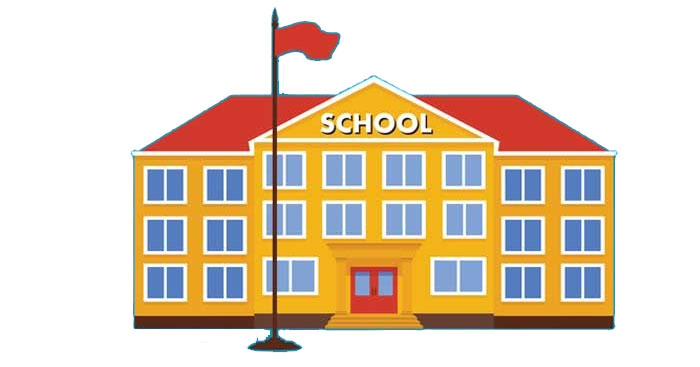
Bagmati Pradesh has not sufficient Access of technology for Alternative Learning:
Alternative system learning while preparing for the calculation in the academic session; In Bagmati, the capital of the country, only about 30 percent of students have access to technology.
The data shows that the closure of schools due to the Corona epidemic has led to the learning of alternative systems of online, radio, television, and offline media through the use of information, communication, and technology, which has not increased its effectiveness.
According to the monitoring and analysis conducted by the state education directorate of the Bagmati state government, only 30 percent of students in the state have access to internet technology. Chandra Prasad Luintel, director of the directorate, said that out of 600 students in some schools, only 12 of them had mobile phones and their parents were also with them.
At present, there are a total of 35,601 schools across the country. According to a statistic, 75 percent of the population has access to the internet, 85 percent to the radio, 72 percent to television, and 40 million mobile users across the country, but it is not used as such in education. According to the Education and Human Resource Development Center's 'Flash Report, 2018', there are a total of 7,388 schools in Bagmati, including 5,243 community and 2,145 institutional schools.
These schools have 14 lakh 38 thousand 599 students and 29 thousand 521 teachers from class 1 to 12. Director Luintel informed that a disaster management education group has been formed in the state like at the center and 13,000 copies of the self-help practice booklet prepared by the center for 16,000 teachers and students from class 1 to 8 have been printed and distributed. In today's virtual dialogue of the Federation of Community School Management Committees of Nepal, he said, "In such a situation, it would be wrong to say that 100% learning is quality and accessible at present." There will be some improvement if free mobile phones can be distributed to students. ”
Textbooks seem to be available in Bagmati. The guideline categorizes students who have access to all types of technology, have access to radio or television, have a computer but do not have online connectivity, and have access to Internet and information communication technology, and are asked to continue learning according to the same environment.
The Ministry of Education, Science and Technology has issued the 'Student Learning Facilitation Guide from Alternative System, 2077' on 18th Jestha to continue effective and systematic learning through the alternative systems including distance and open education based on its environment and available communication access. Was Currently, the Curriculum Development Center is doing homework to give recognition to learning as per the current academic session.
Even though such a system has not been recognized as an alternative medium so far, teachers, parents, and students are not accustomed to the responsible and regular learning processes. It has been suggested that the local level should allocate budget for free mobile and internet facilities for poor and technology deprived students.
Thematic audio-visual lessons based on the curriculum and textbooks are being broadcast by the Human Resource Development Center as specified in the guideline. It has been found that most of the parents in Kathmandu do not have easy access to online classes due to a lack of smartphones, tablets, laptop computers, internet, and power outages. Due to the increased risk of the corona, the bondage school-issued since last 11th Chaitra 2076 has not been able to open.





